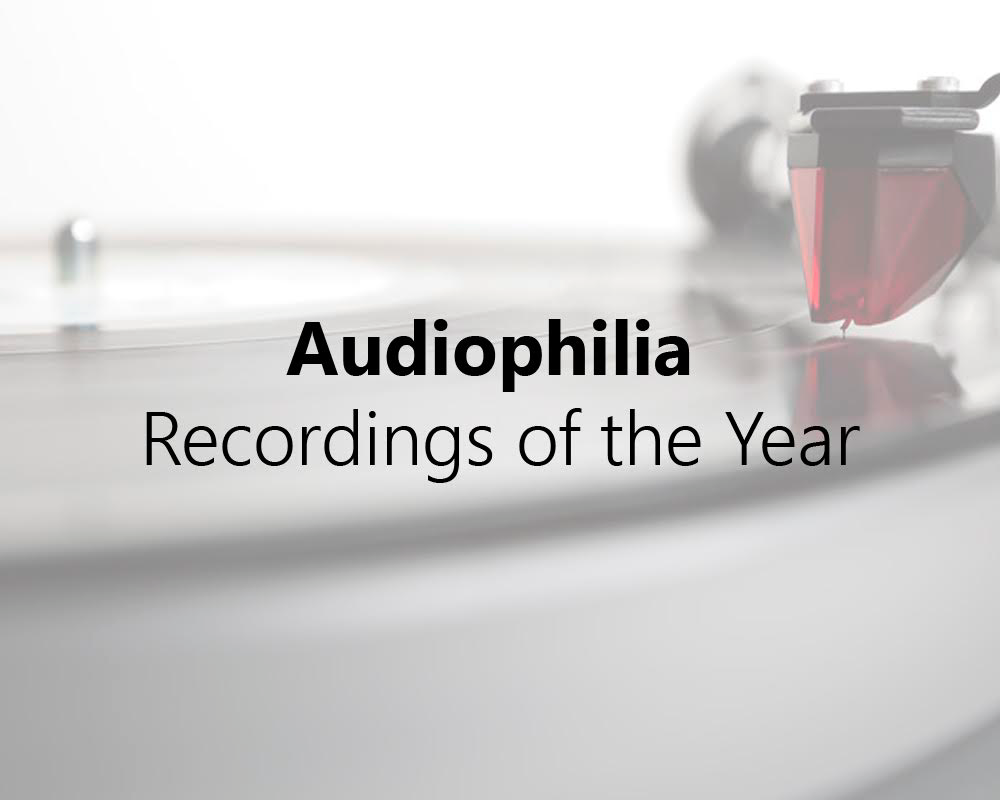The wonderful Toronto Symphony Orchestra is in another Golden Age, built from near bankruptcy 20 years ago by a talented backroom team, superb hires and a brilliant orchestral trainer in Peter Oundjian. Oundjian hired almost half the orchestra present on this recording. He was an inspired choice at the time when it was more of an Iron Age than Golden in The Big Smoke.
Replacing Oundjian is the recently appointed Spaniard Gustavo Gimeno. He was a Concertgebouw section percussionist who jumped into conducting quite late and is enjoying a very fast upward trajectory via Luxembourg and now the plum TSO gig.




















